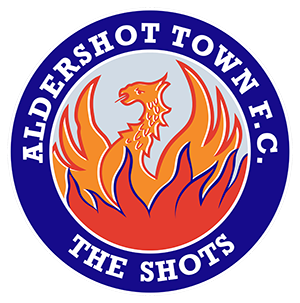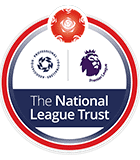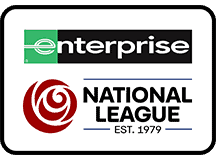The Nepal national team face fierce rivals India in a two-legged 2018 World Cup qualification knock-out tie this week, just to see who will progress to the group stages in the Asian region. Whilst in Nepal last month for the Aaha! RARA Gold Cup, TheShots.co.uk caught up with Nepal Head Coach Jack Stefanowski for his view on the state of Nepalese football…
First off, I have to ask you about the World Cup draw – how did you react to facing India over two legs? The way I look at it, it’s an exciting challenge. Nepal and India have a big history and a rivalry between them, so for us and the Nepalese people it’s a very exciting challenge. The fans, the Federation and the players themselves are very much looking forward to those two matches.
How do you assess the strength of football in Nepal at the moment? I think it’s improving. This is my second year here and it’s something that I have a long-term vision for, and it I definitely improving. Right now I’m focussed on here, and I would like to stay here for as long as possible, and to build that vision.
What are your targets during your tenure as Nepal coach? What would constitute success for you? We have to get back to a higher ranking in the South Asian region, so one of our targets is to win the South Asian tournament. From there, we have the World Cup qualification, and it’s a big challenge for us to get into the second round. As far as the Under 19, Under 16, Under 23 and senior teams, to be able to qualify out the qualification phases and into the championship round, is something that we’d like the Federation do on a consistent basis.
Is that young talent there, rising out of the junior teams into the senior national side? The talent is there, there are a lot of young guys that have a lot of quality, but they need to get the experience. So we need to be patient with those guys, and get them into the national side as soon as possible.
What is the biggest challenge that you face – depth of talent, technical ability, the facilities, the level of coaching? The key thing for me is just getting a longer-term commitment from the players – right now the National League runs for three-to-four months in the whole year, so there is another eight or nine months where you need to get something more from the players. I’d like to get to a point where I know the players are committing six days a week for at least ten months of the year, because that’s what we’re up against when we go outside of Nepal to play in international competitions. We’re playing against guys who have played six times a week for 10 months of the year for at least ten years, so you can start to see the gap.
Are there characteristics that you would say make a typical Nepalese player? We’re implementing our passing game because we don’t really have a lot of tall players. Our strength is in the passing game and being creative, but it’s going to take time for the younger guys to come through to get the experience and be ready for senior international football. In the meantime we have to use some of our veteran players, who have that experience, to get us up to that point.
British football is very popular in Nepal, with Manchester United, Chelsea and Arsenal particularly popular – does that interest help you, by increasing interest in the game in general, or detract from the prestige of domestic football? No, it’s a big bonus. This is a football-loving nation, and there is a big football history in this country. When we had the regional tournament in Nepal last year the stadium was pretty much sold-out and the passion of the crowd was fantastic. This is a tremendous football-loving nation.
And that passion is evident here in Pokhara, with the Aaha! RARA Gold Cup Final attracting crowds of up to 20,000 people? It’s quite a sight. We don’t have a Wembley Stadium here but the passion is there, and it goes to show that if you’ve got the lines, the pitch, two goals and some stands, what passion can do from the players and the fans and the coaches in this country.
Does that interest translate into pressure on you, as national team coach, from the public and the media? Yes, the pressure is there, this is a football-loving nation so the expectations of the fans are very high. I know what they are and I need to meet those expectations.
We’ve seen you out jogging or relaxing around Pokhara with little trouble – do you get recognised around the country? Most people notice me, but sometimes I go under the radar! The attention is definitely there and that’s great, because it shows that I can share something with this nation.
How, as a Polish-American whose last job was in Puerto Rico, did you arrive in Nepal, as national team coach? I had a great five years in Puerto Rico, I did a lot of things there with (former Southampton striker and Northern Ireland manager) Colin Clarke and (former Portsmouth defender) Adrian Whitbread. We had a tremendous five years there but I felt that it was time to move on, so I went back home to New York, where I was out of work, but had the contacts here and I got the job. Since I was in High School, my dream has always been to coach at national level.
How are you enjoying Nepal as a country? It’s a very beautiful country and here in Pokhara it’s a very relaxing atmosphere. You’re in Pokhara at the right time of year, just to see the mountains and the skycap, you pretty much get a clear sky at this time of year. The first year (in a new job) is always tough, it’s been a bit of a culture shock but I’m working around it. Now I’m back for the second year and it’s been a lot easier, with getting to know the players, understanding them and them understanding my expectations. It’s definitely been a more enjoyable second year.















